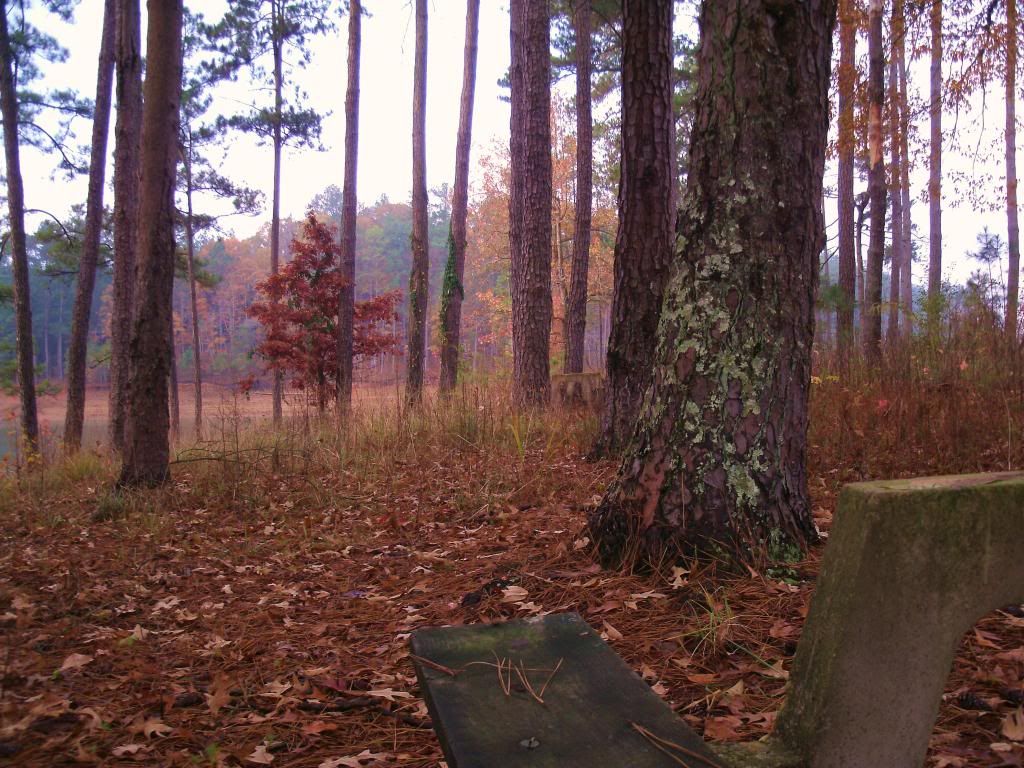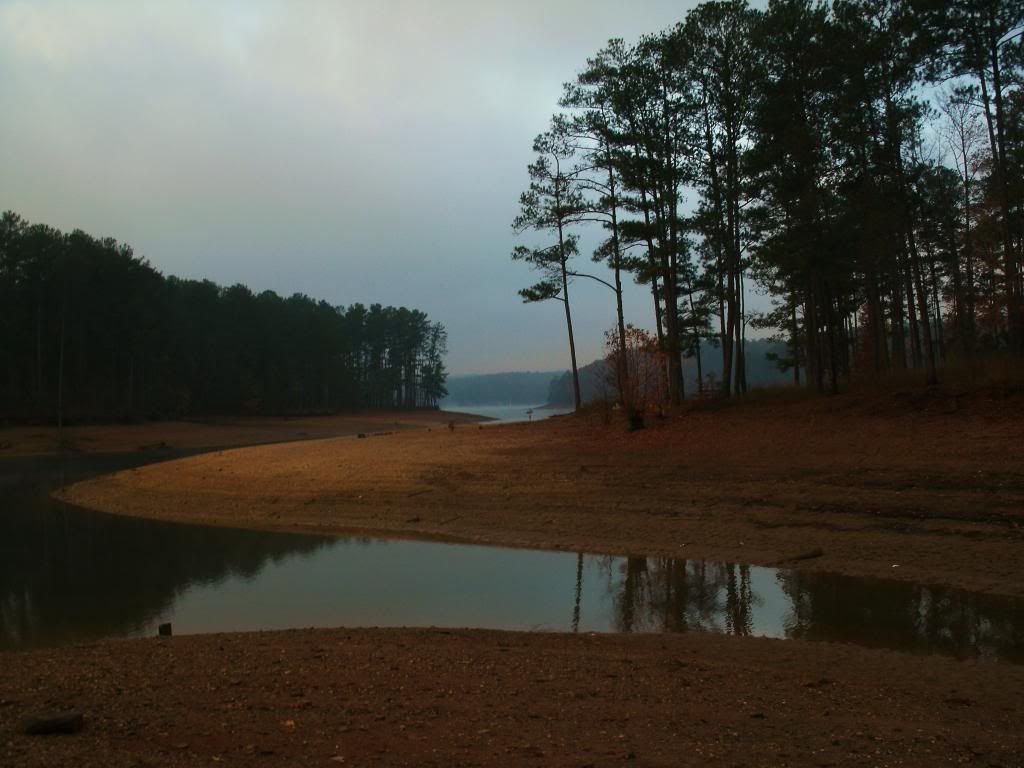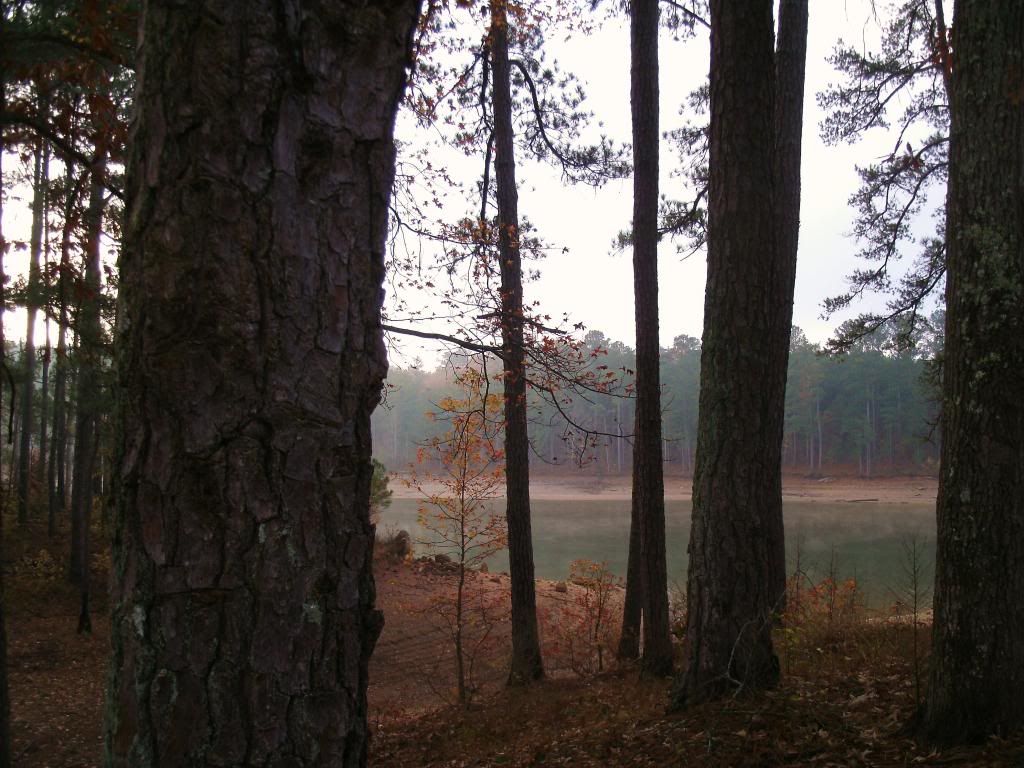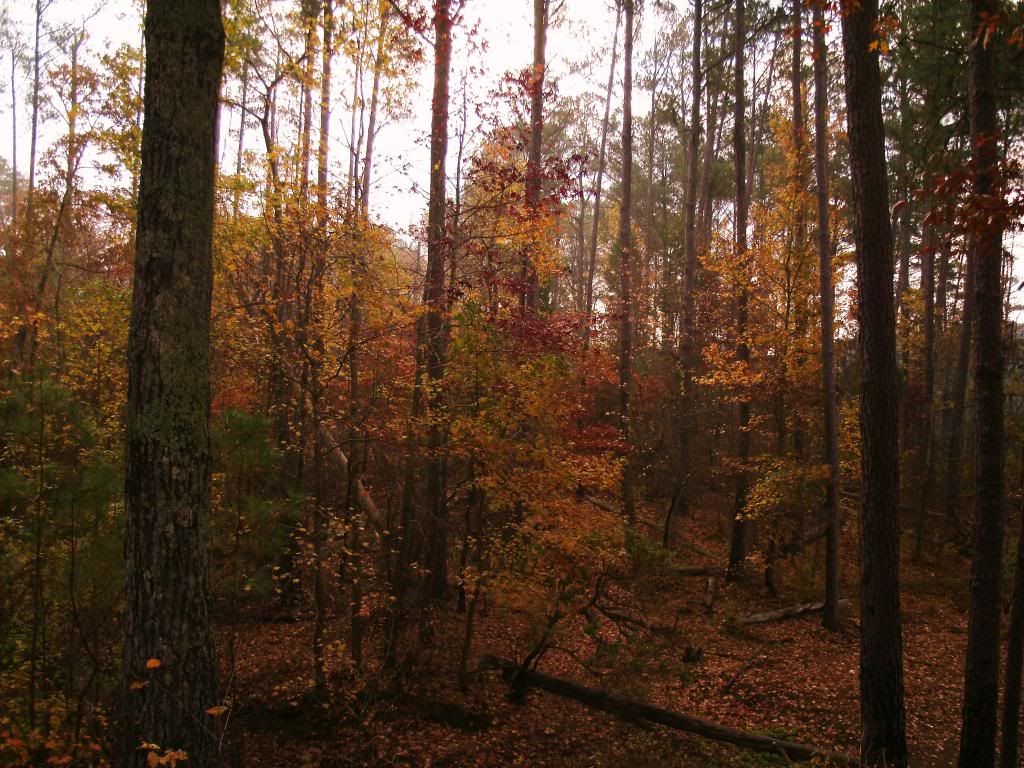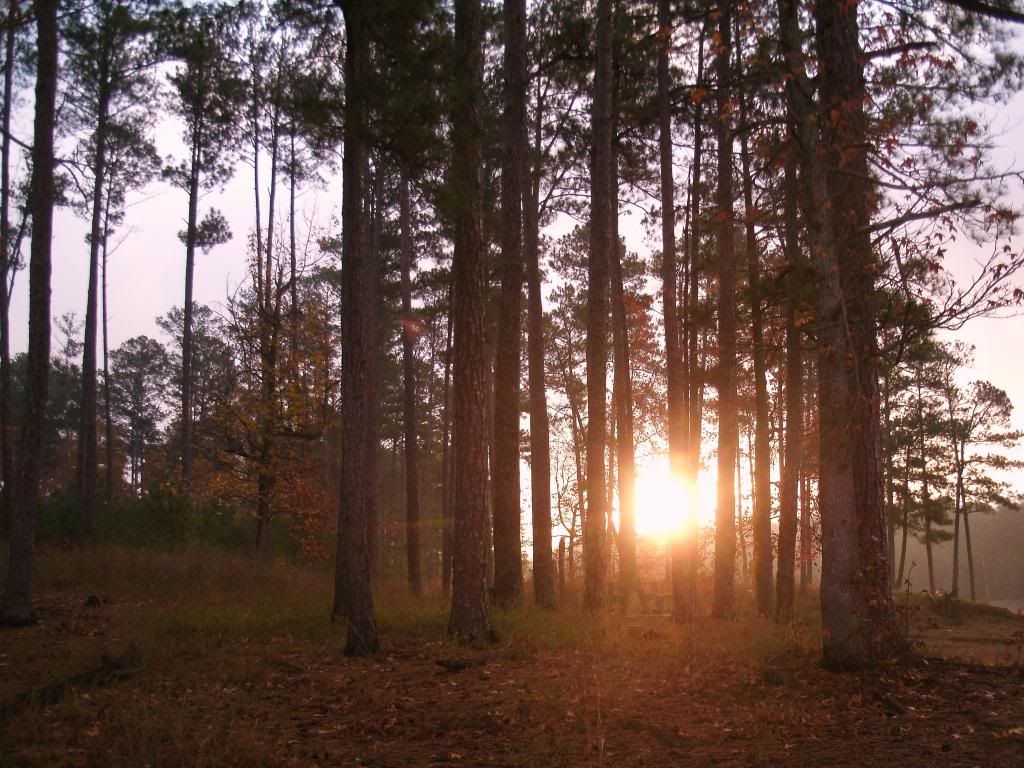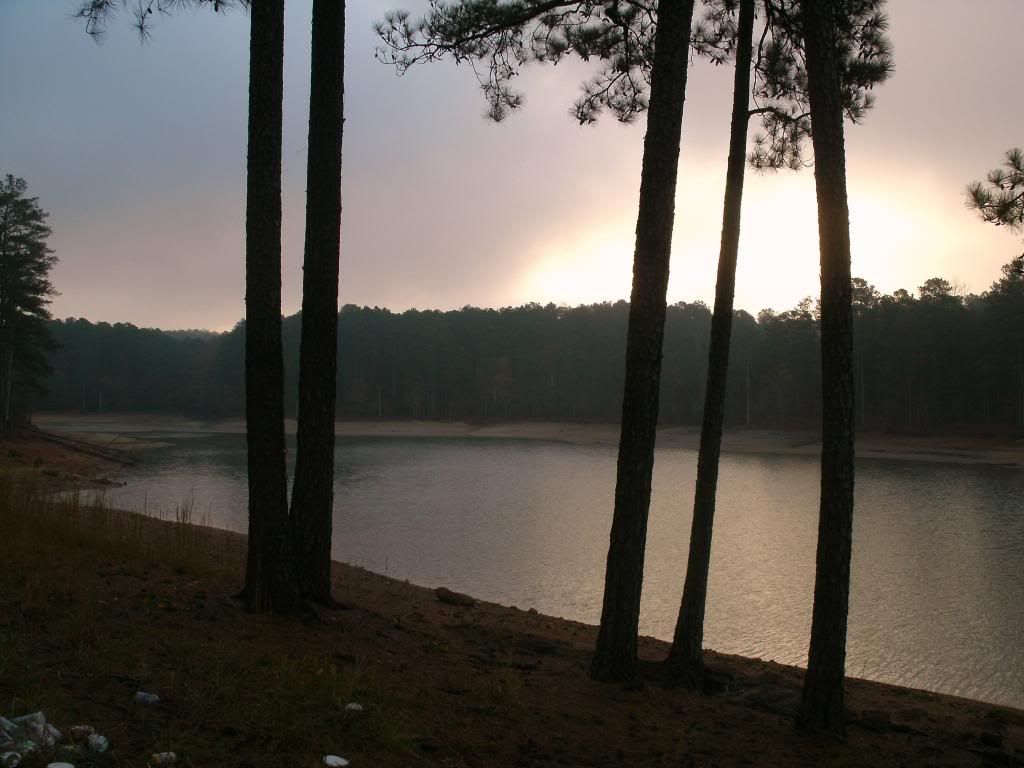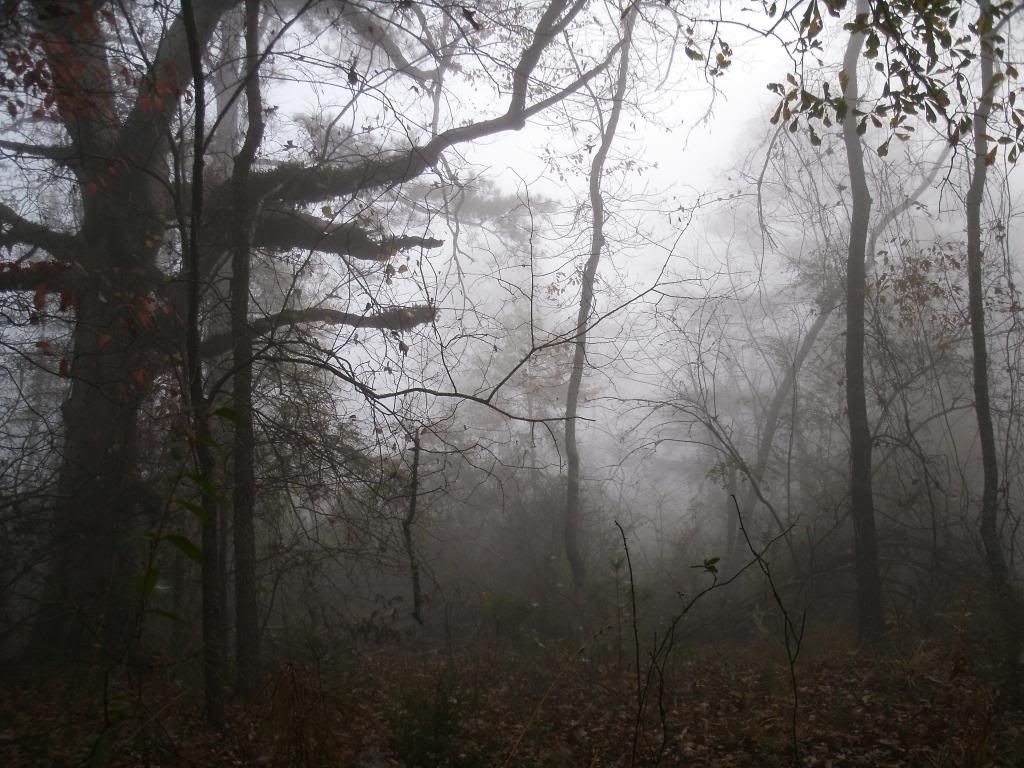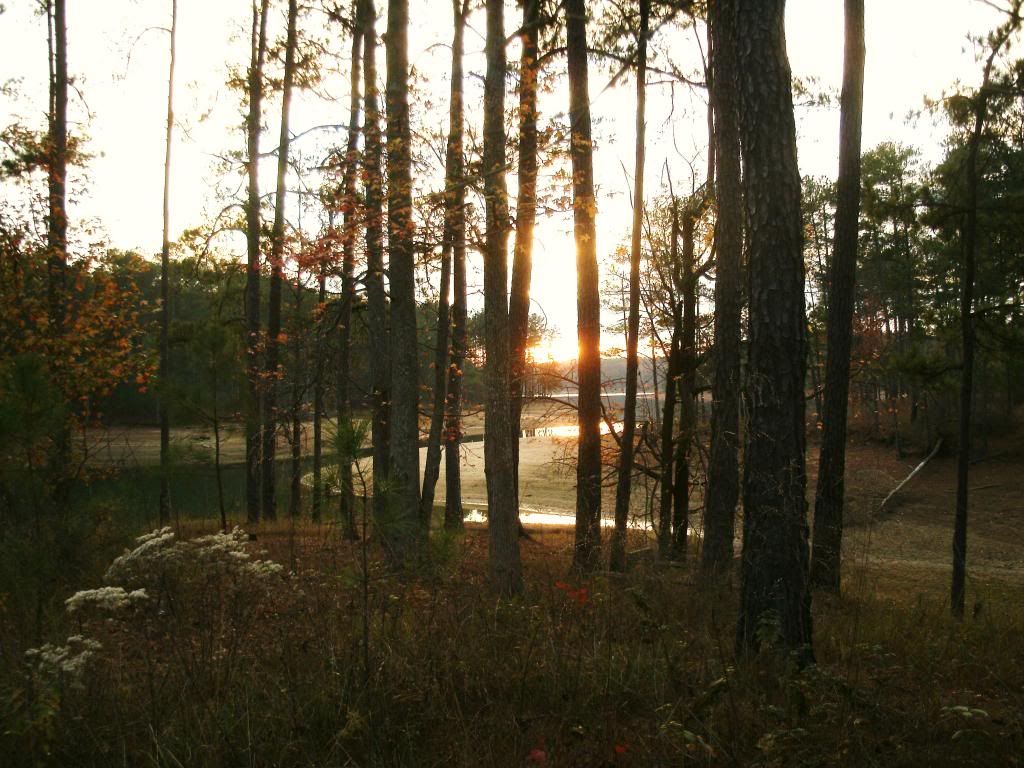Actually that's
not true...wolves, like all wild animals, are lousy pets. I'm sure the folks that care for wild animals would agree. One of the main points that the people at Wolf's Hollow always mention is that wolves aren't "Fido" and shouldn't be treated as such.
Wolf Hollow Ipswich, MA Non-Profit Organization Dedicated to the Preservation of Wolves.
They're pack animals and trying to domesticate them only hurts them and places them in danger. Wolf's Hollow has in fact adopted several of these hybrid animals that become uncontrollable for owners once they reached adulthood. It is a huge mistake to try and tame them whether we're talking about bears, lions, wolves, foxes, or whatever.
This gentleman is a leading authority on wolves and the link will take you to his personal website, where you can ask him personally on whether it's possible to tame a wild animal - or if it's a good idea...but don't stop with him if you're not convinced:
L. David Mech
Another gentleman who has years of experience on the subject and created the wonderful PBS production called "Wolves at Our Door."
Living With Wolves
And this lady has a whole site on why it's always a bad idea to try and tame wolves and discusses why it's sadly a growing problem:
Jennifer McCarthy - World Class Dog Training: Wolf Dogs
Laura
Edit to add Ms. McCarthy's final comments. I'm adding this because it really frightens me when people talk about feeding bears Marshmallows or thinking they can tame a wild animal...in this case, a wolf:
"Ultimately, it becomes obvious that even under the most ideal circumstances wild animals belong in the wilderness – not in cages. Yet as you read this, there exists nearly 500,000 captive wolves and hybrids in the United States alone. There are only an estimated 4,000 wild wolves in the contiguous US today. The 100-fold difference dramatically illustrates the effect our American culture has had on this predator. Sadly, this disparity will not soon disappear. Wild wolves are making a slow comeback, but they are facing great political hurdles. While wild wolves have to fight for every pup born and every winter survived, the number of captive wolves and hybrids is rising. Thanks to our seemingly insatiable need to feel a connection with the same wilderness we are destroying (whether through domination, control or ownership), litters of captive wolves and hybrids are bred every year. Each puppy born in a cage to delight us, must life a "half-life" behind bars. We can be their friends, companions and even saviors, but in the end, we are still their captors. When will we learn to stop playing God and take responsibility for the lives that we create? Eighty-percent of the estimated 250,000 wolf hybrid puppies sold this spring alone will not live to see their second year of life. Those that die will, unfortunately, only be replaced by an even greater number of puppies for sale next year. We need to ask ourselves important questions, so that in time we, as a society, can come to grips with this problem.
- When will human kind be satisfied in knowing wild nature exists without our wanting to control, dominate, and own it?
- When will those responsible for the continued breeding of these animals finally realize that part wild/part domestic animals do not, under nearly every single circumstance, belong living as pets in someone's home?
- When will the population of wild wolves finally exceed the number of wolves doomed to "half-lives" in cages?
Please if you are considering buying a wolf hybrid puppy, think of the consequences and whether or not you are prepared for them. Consider instead, buying a domestic dog, possibly a northern breed such as the husky or malamute, or taking in someone else's hybrid that they can no longer keep. If you already own a hybrid, please spay or vasectomize the animal. Don't knowingly contribute to the growing surplus of unwanted hybrids. With determination, a little insight into what or whom you are dealing with, and a lot of sturdy fencing, most owners can provide a home for their wolf or wolf hybrid, but as equal, intelligent, independent friends, not pets."




